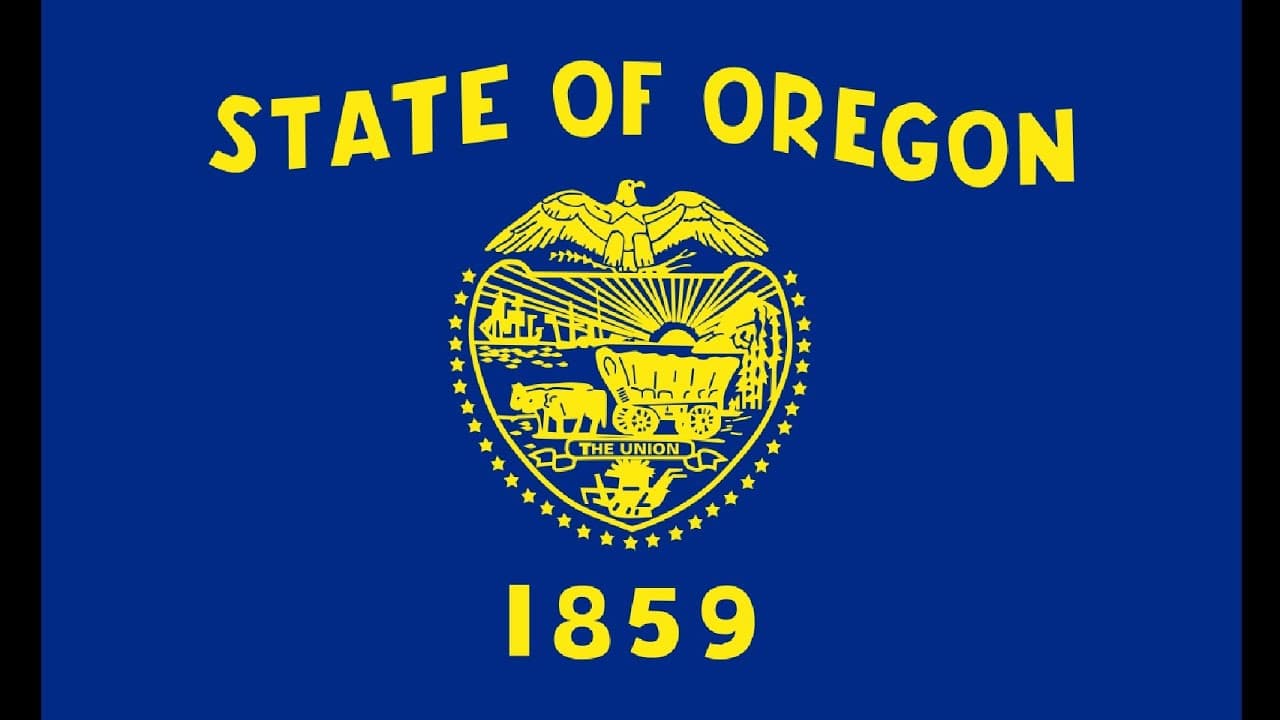
Many people have asked, and not just in Oregon, “Why in 2020, in this electronic age, do courts still have a roving stenographer?”
Ryan White, an official court reporter at the Portland Federal Courthouse, has an answer: Because transcripts produced without a live reporter can come out sounding like this representative sample from an actual Oregon court transcript: “I object (unintelligible), sir. I don’t think (unintelligible). I understand that the news — the news media (unintelligible).”
How Did This Happen
In the 1990s, Oregon state courts and magistrate hearings (but not federal courts), began using digital recordings instead of live reporters in order to save money.
What happens at a trial matters beyond the courtroom. Trial verdicts set precedents; they are appealed. Neither one of these is possible unless there is an accurate record of the trial. That record cannot have gaps, and it should not, experts say, be skewed by a transcriber’s accuracy in reproducing the spoken words.
“In my experience,” White says, “the people who are pushing the ’Record’ button … are often the judge’s staff or clerks. This is just another duty on a long list of duties. It may look like it’s recording, but then afterward nothing is there. Or they thought they saved it … but somehow files are often missing when you go to look them up.”
Bonita Shumway, another official court reporter at Portland’s Federal Courthouse, says “all it takes is someone shuffling papers or pouring water, and the incidental noise will completely block out whatever is being said—and that, of course, can be the sentencing itself.”
And then there’s the transcription, which has lots of potential pitfalls. It’s not clear how Oregon handles transcription of the recordings. But Shumway’s impression is that transcripts are auctioned to the lowest bidder and may be sent overseas. If the transcriber is underpaid and ill-trained, even a clear recording may result in an unclear transcript.
What are the Effects
This affects everything from petty crime cases to high profile ones. Everything, White said, except for crimes on Native American reservations, crimes that cross state lines or that affect interstate commerce, and crimes against the federal government.
One solution is to require live court reporters across the board, in all courts in Oregon. This is what neighbors California and Washington already do. And it seems to have really worked for them.
Another solution is to invest heavily in regulating the digital recording and transcription of circuit and magistrate court cases. Both options are possible, though, and both have the potential to succeed.
One way to avoid problems is by having a microphone allocated for each person speaking, by instructing clerks to monitor background noise, and by paying someone to monitor the recording feed in real-time so that any problem with the recording is discovered while it can still be remedied.
If you need court reporting services that handle digital recoding then CourtScribes.com which supports all states and programs that aid in the court reporting world are ready to serve you in your court reporting, videography services, interpreters, live-streaming, and video-to-text synchronization.
Although the majority of cities that offer CourtScribes’ services are in Florida, the company home base, other cities all across these United States that CourtScribes offers services in, are the following: Jacksonville, Miami, Tampa, Port St. Lucie, Fort Lauderdale, Cape Coral, Coral Springs, Clearwater, Palm Bay, Fort Myers, Weston, Sarasota, Orlando, St. Petersburg, Hialeah, Stuart, Hollywood, Naples, West Palm Beach, Boca Raton, Deerfield Beach, Jupiter, Key West, Coral Gables, Maryland, Manhattan, Buffalo, Washington DC, Baltimore, Bowie, Virginia, Frederick, Albany, New York, Brooklyn, Westchester, Gaithersberg, and Rockville.
